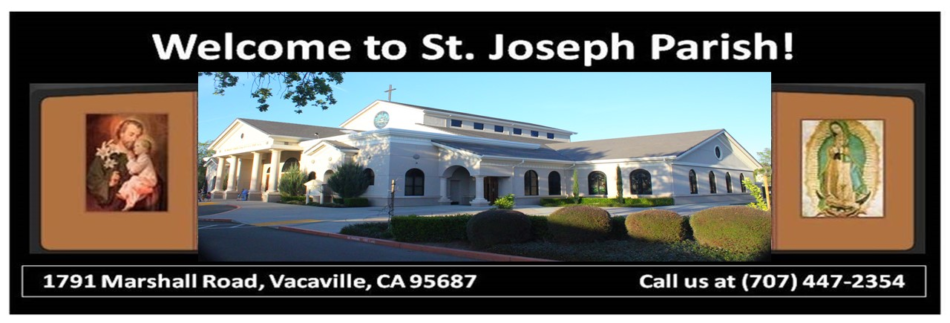IS SUCH A LOVE REALLY POSSIBLE?
Was the Last-Supper commandment of Jesus to love one another really all that new. Is there not an Old Testament requirement to love my neighbor as myself (Lev 19:18). The really new ideal is that we are to love in the way that Jesus loves us, and that is totally, to the last drop of his blood, poured out in the sacrifice of Calvary. Another sense in which his love-commandment is new is how he defines who my neighbor is, whom I should love. His parable of the Good Samaritan shows that everyone is my neighbor, even those of different nationality or religion. So now, love for our neighbor is very demanding, and goes beyond all racism or prejudice.
The really hard question is whether such love is possible. While giving a hesitant yes to this as a possibility, it is clear that most of us, most of the time, clearly, fail to live this new commandment fully. We can only love in this way by cooperating very generously with the grace of God. But the power to do is based on the new image of humanity given us by Christ, and because we have his living presence with us, to help us love others in his way.
It is a very demanding ideal to love our neighbor as ourselves or even to love our neighbor in any way at all. In the face of Islamic extremism or any other form of terrorism, or in time of war, we are strongly tempted to dehumanize the enemy and regard them as no longer part of the human family, and so unworthy of any kind of love or respect. But Jesus’ commandment to love, and his own example of forgiving those who crucified him, constantly call us to reconsider things and seek for reconciliation rather than total victory.
THE COMPASSION THAT HEALS
An American journalist, after watching Mother Teresa caring for a man with gangrene, remarked to her: ‘I wouldn’t do that for a million dollars.’ Mother Teresa replied: ‘Neither would I… but I do it for love of God.’ Selfishness keeps us shut in, builds barriers, even walls, between us and others. What frees us is caring, caring for others, being friends, being sisters and brothers to them, being good neighbors. A doctor, who has shared some of the deepest moments in the lives of many patients, says that people facing death don’t think about the degrees they’ve earned, the positions they’ve held, or how much wealth they’ve amassed. What really matters at the end is whom you have loved and who has loved you.
Love asks the best from us and brings out the best in us. Being loved gives us a surprising energy and courage. Love makes us fruitful, productive, strong and constant in doing good. Elizabeth Kubler-Ross, famous for her work on the stages of dying, has written: Love is the flame that warms our soul, energizes our spirit and supplies passion to our lives. It’s our connection to God and to one another.’
Practicing love has the power to heal ourselves and others. To love is to heal, both those who receive and those who give it. To decide to love is to be fully open to life. It is choice and not just feeling. When we choose to be loving, caring, healing, helping, and forgiving persons, we grow towards what our life is meant to be. There’s really no other way. So, Jesus insists, very strongly: ‘Love one another, as I have loved you.’
Gospel: John 13:31-35
“Jesus gives the new commandment, to loved one another“
When he had gone out, Jesus said, “Now the Son of Man has been glorified, and God has been glorified in him. If God has been glorified in him, God will also glorify him in himself and will glorify him at once. Little children, I am with you only a little longer. You will look for me; and as I said to the Jews so now, I say to you, ‘Where I am going, you cannot come.’
I give you a new commandment, that you love one another. Just as I have loved you, you also should love one another. By this everyone will know that you are my disciples, if you have love for one another.”




















